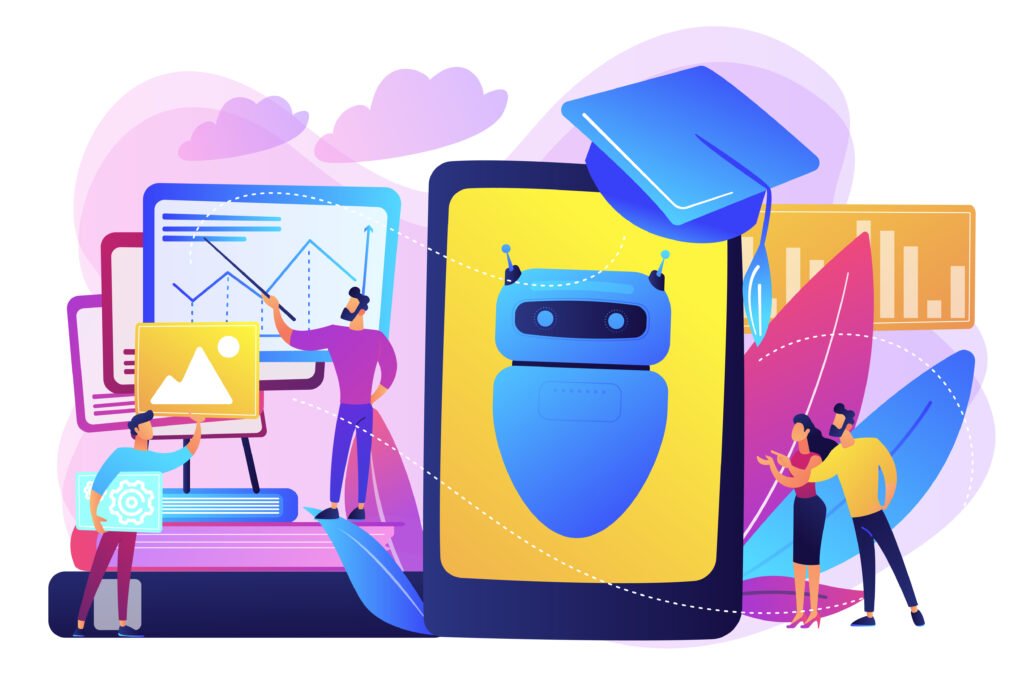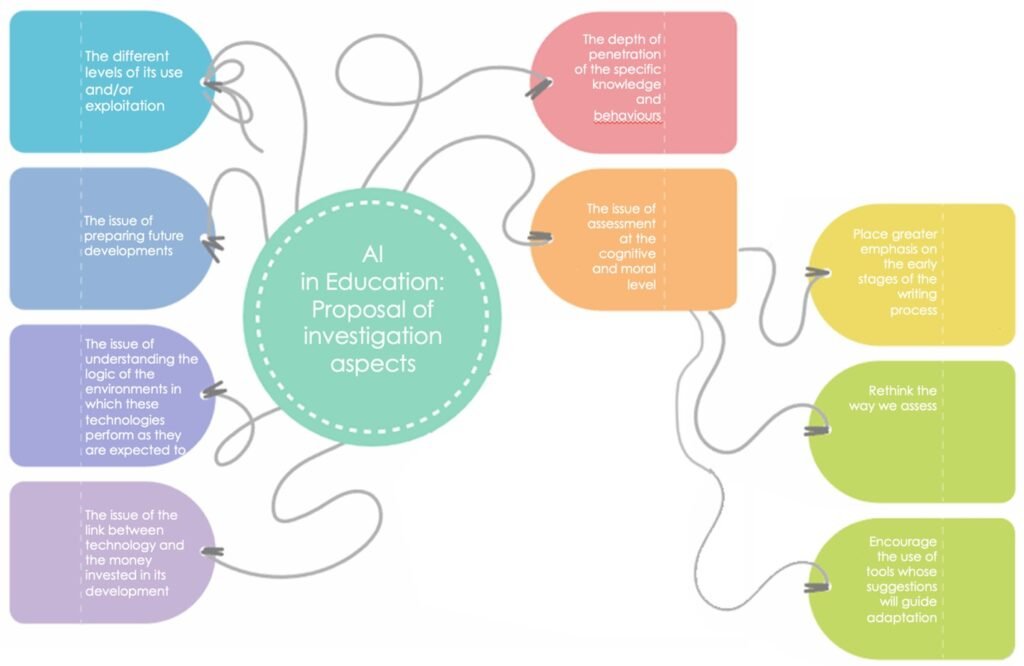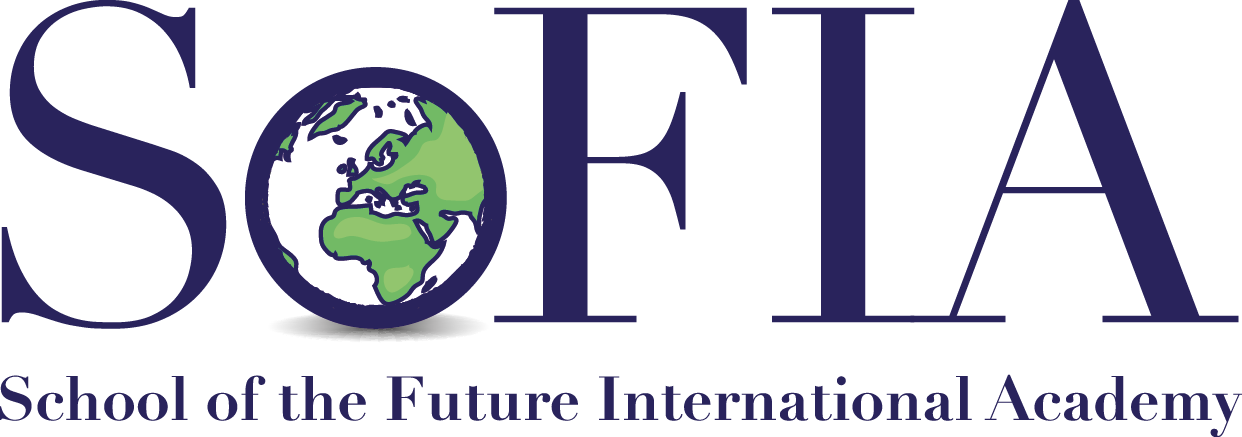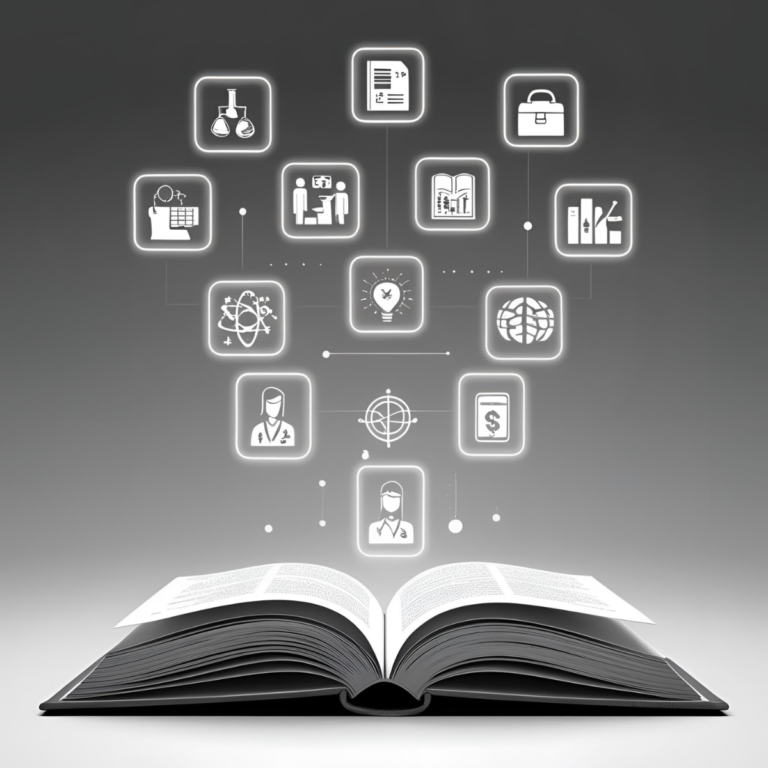
Many thoughts – sharp, disorderly …and an attempt to put things in their right place.
.. many questions as well … like the one that has been bothering me a lot lately:
Is the evolution of technologies for the few?
Will those who understand them reap the benefits and become faster, more reliable, more informed, more creative, more complete, more powerful?
The way we use of one of the most widely used text processing application comes to mind. Soon all of us users will be confronted with AI elements that are gradually being incorporated into it. I wonder how the new capabilities will be exploited by those of us who still choose to press enter button on our keyboards sequentially until a new page appears (because that is how we learned to do it and it suits us) … and do not choose the simple “insert page ” function that has been available for years.
The challenge is to be enabled, with these new technologies, to move to the next step, managing to fill any knowledge and skill gaps we may have. (Miao Fengchun, Holmes Wayne, Ronghuai Huang, Hui Zhang, 2021)
Back to the topic.
Artificial Intelligence (AI) was first defined as “the science and engineering of building intelligent machines” in 1956 (McCarthy, 2007). During the 20th century, it has progressively evolved into intelligent machines and algorithms that can reason and adapt based on clustered rules and their environment, simulating human intelligence (McCarthy, 2007). Wang (2019) expanded the definition by saying that AI can perform cognitive tasks such as: machine learning, problem solving, natural language processing, and neural networks (Zawacki-Richter, Marín, Bond, & Gouverneur, 2019).
Before we truly define (not to mention deeper process and consolidate) the new knowledge, we are well into 2022 …specifically November.
Students of older ages in particular – and the ubiquitous social media – speak of a “Digital Omniscient”, who receives all kinds of questions and answers them… It gives full answers with enviable consistency, with deep knowledge of things, both old and new. Capabilities beyond human imagination (exaggeration?) are attributed to it, from obtaining a law degree to starting a conversation and writing texts on any topic, some claim it even successfully performs the role of… a psychotherapist. This new technology is making experts and governments worry about the potential implications of its use.
A revolution?
The best effort (by general consensus of experts combined with millions of social media users in a short period of time) is called chatGPT. Its programmers succeeded in learning the algorithms by recruiting, in addition to their coordinated work at a high algorithmic level, for low pay, 50,000 people who read texts with vivid and detailed descriptions of simple and very complex situations including, among others: murder, rape, child abuse, torture, self-harm and hate speech.
Thus pupils managed, by taking advantage of the tool’s capability to produce discourse on all subjects, to fool not only their unsuspecting (or sometimes even arrogant) teachers, but also the digital plagiarism checking aids… They presented papers that were well-documented with an enviable presentation of views and knowledge, evoking admiration for the rapid progress and the final great assessment of the last week.
An undeserved fallacy?
Are we really facing the destruction of creativity (as many think and express publicly)?
Are we facing the loss of our identity?
Are we facing the narrowing, the limitation of a supposed ingenuity?
Many educational institutions, especially universities, are rushing to ban chatbots, assuming that pupils can use them as “aids” from the outset. Australian universities, in response to fears that students are using ChatGPT to write assignments, are already implementing rules banning the use of AI software in exams and other assessments. The software has been banned in New York public schools because of the potential for plagiarism and the “negative impact it has on learning”.
A world that educates and a world that is educated in suspicion, in false images, in the abuse of everything. A world without moderation…
The solution to this particular “problem” came relatively early and with great, enviable reflexes.
In November 2022 chatGPT was announced, …for March 2023 the new version of TURNITIN was announced as an “antidote” building tools leveraging the same technology, which will understand the speech production from AI …and detect it. It is announced that the detection and tagging rate of mechanical text generation will reach 97%.
So students and speech professionals – I might add – will no longer be fooled.
Peace… and complacency?
There is of course so much more to be achieved from this environment. You describe (for example) what you want from a digital computer application and in which programming language you want … and you have a first-class proposal for the code you will use, with the prerequisites for installing the environment that you need to have completed, with documentation, choice prompts, comprehension help…
How much more difficult is this making the task of those judging the skills of … under relevant literacy candidates?

Do we have a solution?
To set limits to the expansion of what is for many – fortunately – a promising horizon.
What was something like that called in the Middle Ages?
To suppress everything we cannot manage, define, control?
To stop entering into temptations we cannot restrain?
Should we return to the model of the “one internet”, that of the sea that historian Maria Efthymiou identifies as an important space and mode of transporting goods and messages?
Is it really the “solution” to the “problem”?
What problem?
What is it that we must tame, rather than learn to design it, create it, enrich it, develop it, improve it?
What is it that we need to interpret, rather than escape from petty agendas and phobic attitudes that delay any maturity and limit any creativity?
We used to tell our children … “you are either one of those who plan and create … or you are one of those who follow and consume.”
There are suggestions…
Let’s use this technology to think, design and implement creatively, depositing our skills, our knowledge, but above all our values…
Let’s change the perspective from which we see things. Let’s move a little from our positions … let’s work together.
Let’s not dwell on superficial interpretation and games of first introduction to these complex technologies …and which, yes, are necessary for a start, but not an end in themselves.
Let’s go a level deeper, let’s get informed, let’s try to understand the what, the how, the why.
Let’s not leave technology and its evolution in the hands of the few (who have the skills to design it and the money to implement it), mainly out of ignorance or arrogance about what we cannot understand, … interpret.
Let us approach the situation in an investigative way, delving into aspects of ethics rather than suspicion, at cases of algorithmic bias, error and/or malicious use. (Robinson, 2020? Rodríguez-García, Moreno-León, Román-González, & Robles, 2020 – distinguishing between ethical and non-practical).
Let us question the correctness of the proposition, the correctness of the decision, the correctness of the operations, with an informed opinion … a product of effort and not of effortless arguments and opinions of superficial discussions. Here is a proposal that will help combinatorial thinking, critical thinking, researching, trial and error, participation, avoiding dogmatism…
Let us learn to compare proposals by creating common ground that leads to safer and more valid results.
Let us discover missing elements, identify them with intensity and broaden our thinking as team members synthesizing in a common effort, not as heretical voices that usually “pull” in the opposite direction the vehicle of innovation and evolution.
Innovation, after all, is also about doing things in a new way… not just new things.
Let us not leave this new knowledge to others, as we have learned about technology so far. It is a process that leads to distortions that can hardly be reversed afterwards.
Let us see all these achievements as tools towards enhancement of human beings not as substitutions, applying our suspicion where it is really needed.
Let’s not go so far as to admit that the teacher only transfers knowledge (something these new environments do well – it seems – and are improving very quickly).
Let’s embrace the view of Columbia professors like Oded Netzer that computer programmers will be helped by these technologies … not the OpenAI view that these technologies will replace some engineers.
Let’s bring up concepts like the duality of technology. Technology such as that of ChatGPT, for example, can be used to check the credibility of information and news (fact checking), empowering information and thereby enhancing democracy.
Let us all arm ourselves with critical faculties and combined thinking, so that it cannot also be used for the dissemination of falsified news that results in planned or unintentional misinformation of dangerous proportions.
Let’s bring to the foreground concepts like the duality of technology. Technology such as that of ChatGPT (for example) can be used to check the credibility of information and news (fact checking), empowering information and thereby enhancing democracy. Let us all guard ourselves with critical thinking and combined thinking so that it cannot also be used for the dissemination of falsified news that results in planned or unintentional disinformation of dangerous dimensions.
We have many aspects of inquiry at our disposal, sorting in whatever order we decide such as:
- The issue of evaluation at a cognitive and ethical level.
- The issue of preparing for future developments.
- The depth of penetration into the specific knowledge and behaviours.
- The issue of understanding the logic of the environments in which these technologies deliver the outcomes expected.
- The issue of linking technology and money invested in its development …or stemming/derived from it.
- The different levels of its use and/or exploitation.
Is it time to rethink the way we evaluate projects of all age students or even older projects? Is the essay now a golden deliverable as a piece of writing that we read, without also having full knowledge of the author’s attitudes or even habits on specific issues?
Is it time to put more emphasis and attention on the early stages of the writing process, so that we can better monitor our students’ progress, with more evidence of judgment and improvement in our arsenal?
Should we encourage the use of such tools whose recommendations will guide adaptation rather than be the subject of assessment?
Changes that are important, changes that are difficult, changes that tire those already tired of overwork… changes that stir the stagnant waters with dynamic approaches. After all, isn’t that how education should be, motivating and adapting? …a dynamic process full of surprises for everyone…
Vassilis Economou
Senior Consultant for Technology in Education SoFIA
Director of Informatics and Digital Education –
Hellenic American Educational Foundation
& Athens College – Psychico College

